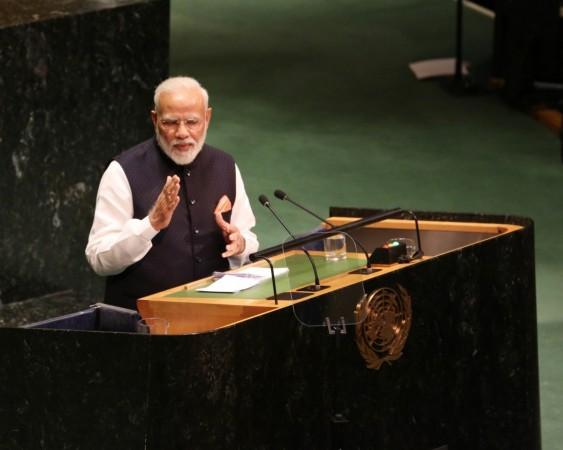
On the occasion of Mahatma Gandhi's 150th birth anniversary, Prime Minister Narendra Modi is set to declare India open-defecation free (ODF) free.
The Bharatiya Janata Party government has claimed that 100 million toilets have been constructed in rural India - at an estimated cost of Rs 1.96 lakh crore - giving all countrymen the access to a toilet. These claims, however, come in the backdrop of two Dalit boys, aged between 10 -12, being beaten to death for defecating in the open in Madhya Pradesh the last week.
To tackle the crisis of sanitation better and ensuring citizens' participation in the change-making process, Prime Minister Narendra Modi in 2014 had launched the Swachh Bharat Abhiyan. One of the main aims of the movement was to eliminate open defecation from the country.
Though several latrines were constructed between 2014-19, the National Sample Survey Office (NSSO) survey data of October 2018 showed that 33 percent rural population do not use toilets and 36 percent do not have the access to one.
In the wake of such stark numbers, the effectiveness of Modi's sanitation program remains in question.
Previous reports have revealed that many of the constructed toilets lack basic water facilities and are poorly maintained. Public toilets across the country also face similar problems, with most of them being in filthy conditions. There are rarely any washbasins to be found and water clogging is a common phenomenon. Even while these toilets charge Rs 2-5 for usage, they rarely ever provide a hand wash or sanitizer.
Hence, while the Bill and Melinda Gates Foundation presented PM Narendra Modi with Global Goalkeeper Award for his sanitation project, several people in the country questioned the Centre's claims and accused them of manipulating data to meet the government's goal.
While the claims are many, an assessment can only be made when an unerring set of data is presented to the nation.

















